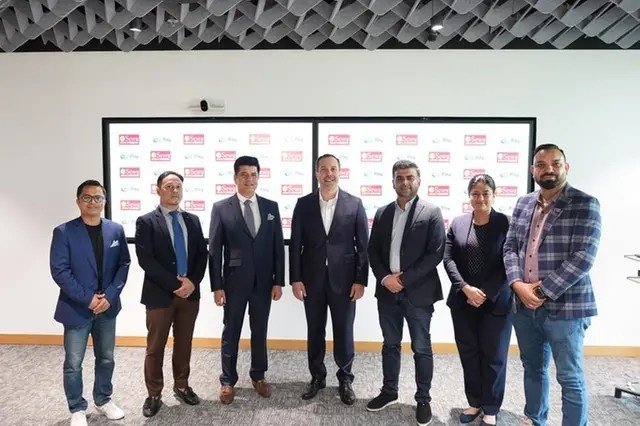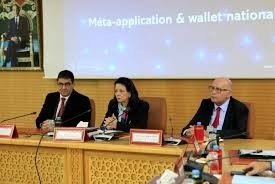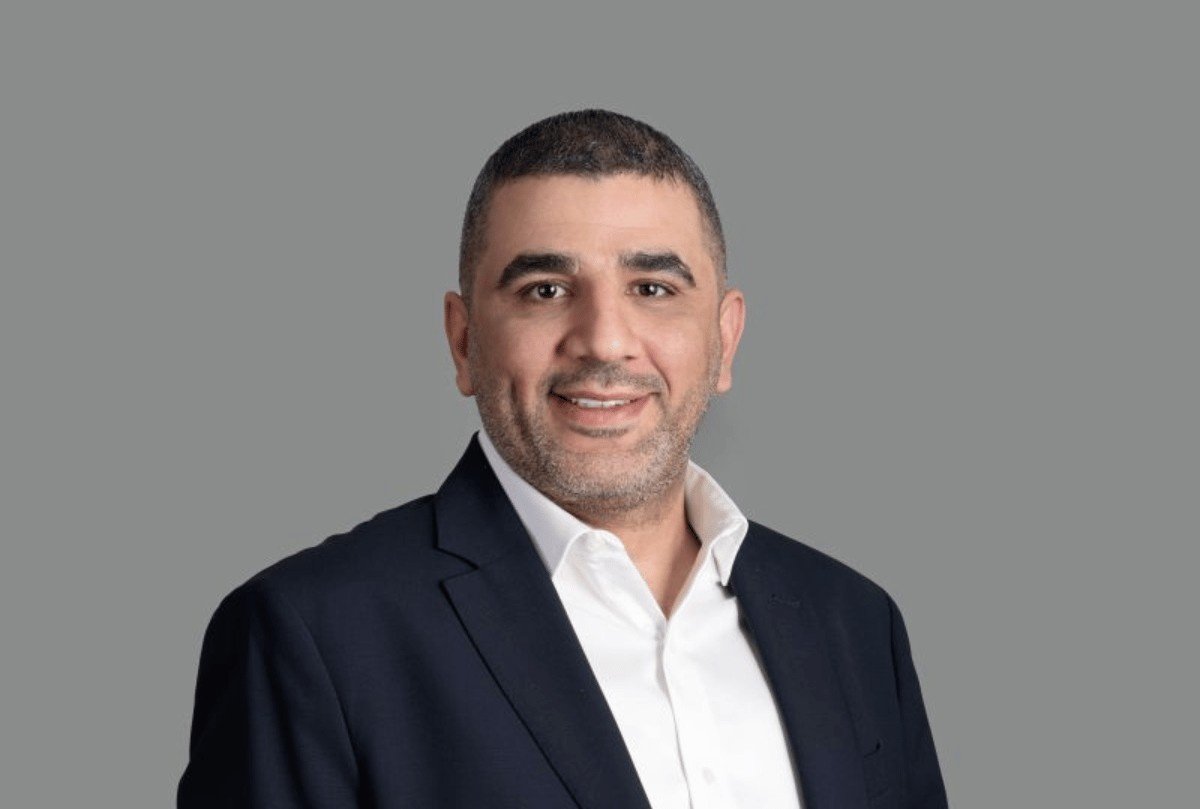Doha, Qatar: In alignment with the Qatar National Vision 2030, Qatar is taking significant steps to minimize its carbon footprint, with strategic investments aimed at pioneering the low-carbon transition in the Gulf Cooperation Council (GCC). The region, known for its vast hydrocarbon resources, recognizes the urgent need for a shift towards renewable energy and sustainable practices.
Yesterday marked the second day of the CASI Sustainability Forum, titled ‘Revamping Energy and Industry Landscapes: Financing the Accelerated Low-GHG Transition in the MENA Region.’ Co-hosted by the Capacity-building Alliance of Sustainable Investment (CASI), the Institute of Finance and Sustainability (IFS), the Industrial and Commercial Bank of China, and the Qatar Financial Centre (QFC), the forum focused on ‘Financial Support to Sectoral Low-carbon Transitions’.
Dr. Sa’d Abdel-Halim Shannak from the Qatar Environment and Energy Research Institute (QEERI) at Hamad Bin Khalifa University (HBKU) delivered the keynote address. He emphasized the necessity of financial mechanisms to support the transition to a low-carbon economy across major sectors such as energy, transportation, and industry. Dr. Shannak outlined Qatar’s contributions, including substantial investments in the Al Kharsaah solar power plant—a $467 million project expected to generate about 800 megawatts—and innovations in carbon capture and storage technologies.
Dr. Shannak also highlighted the unique opportunity the GCC holds as one of the wealthiest regions globally, with substantial sovereign wealth funds that could support not only domestic transitions but also global investments in green technologies and sustainable infrastructure.
The forum also explored innovative financial solutions necessary to attract private investment, such as green bonds, carbon pricing, and public-private partnerships. These financial innovations are seen as essential to mobilize the capital required for such transformative projects.
Day two of the forum featured panel discussions on topics including financing for low-GHG transition in industries, carbon trading as a policy tool in the MENA region, and the role of financial technology in sustainable financing. These discussions underscored the pivotal role of financial support in achieving the global shift towards a low-carbon future, highlighting both the challenges and vast opportunities that lie ahead.















